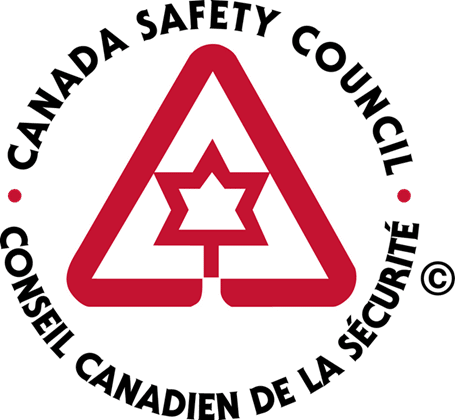Gambling Addiction
People with gambling problems may cover up or lie when asked where they have been, or where money has gone. This makes problem gambling hard to identify. Families often know something is wrong — but not what is wrong.
You could be living or working with a compulsive gambler and not know it until the problems are out of control. It’s crucial to recognize the signs and know how to get help.
“People who gamble excessively fear their loved ones will find them out,” says Robert Murray, Manager of CAMH’s Problem Gambling Project. “This drives them deeper into hiding and further into debt. They hope against hope a big win will end their problems.”
CAMH has devised a simple checklist for the public to take a look at to help determine whether a family member or colleague has a gambling problem. The more clues you see, the more likely that gambling is a problem needing to be addressed:
- Is your family member or colleague often late for work or school?
- Are they gone for long unexplained periods?
- Do they neglect responsibilities, and make excuses?
- Have they withdrawn from family and friends?
- Do they have mood swings and sudden outbursts of anger?
- Is there less money available, even though income has not changed?
- Is money missing from the house or from bank accounts?
- Are they secretive and bad tempered about money?
- Do they have money conflicts with others?
- Do they talk about gambling all the time?
- Do they lie about gambling?
Counseling is the first step to regaining control of the problems that gambling has caused, and is the best way to find a long-term solution. Free treatment, including counseling, is available to anyone affected by gambling, including family members. A list of gambling help lines across Canada is available at: www.ccsa.ca ; search for “gambling help lines.”
Problem Gambling Helplines in Canada
Confidential and open 24 hours a day.
Alberta Alcohol and Drug Abuse Commission Helpline
1-866-332-2322
British Columbia Problem Gambling Information and Referral Service
1-888-795-6111
Manitoba Gambling Helpline
1-800-463-1554
New Brunswick Problem Gamblers Hotline
1-800-461-1234
Newfoundland and Labrador Helpline
1-888-899-4357
Nova Scotia Toll-Free Gambling Helpline
1-888-347-8888
Nunavut Kamatsiaqtut Helpline
1-800-265-3333
Ontario Problem Gambling Helpline
1-888-230-3505
Prince Edward Island Gambling Addiction Treatment Program
1-888-299-8399
Québec – Gambling Help and Referral
(514) 527-0140 Montreal and surrounding area
1-800-461-0140 and 1-866-767-5389 throughout province
Saskatchewan Problem Gambling Helpline
1-800-306-6789
Source: Canadian Centre on Substance Abuse
Support CSC!
The Canada Safety Council is a non-profit organization.
Helpful programs and pages like this one are made possible by donations from people like you.
Help us help everyone and make an online donation now!
